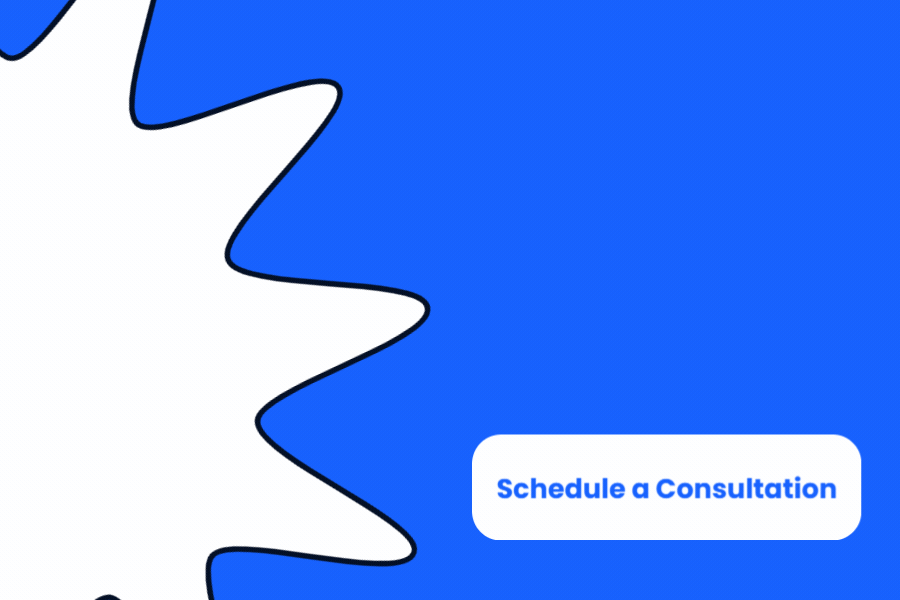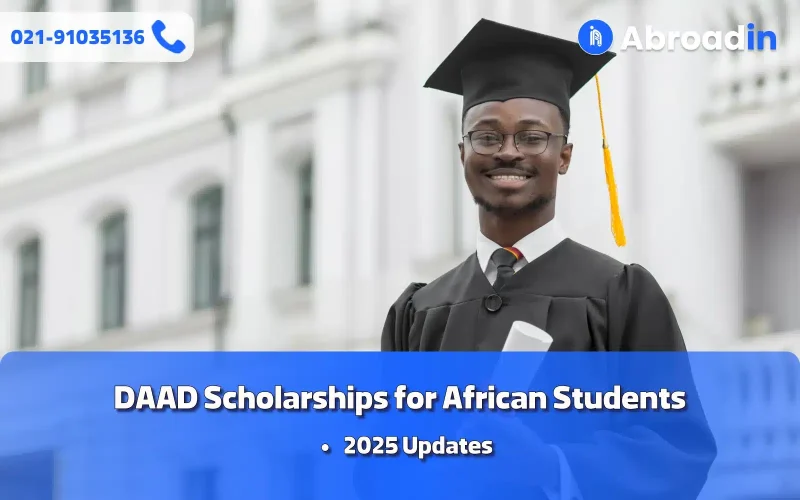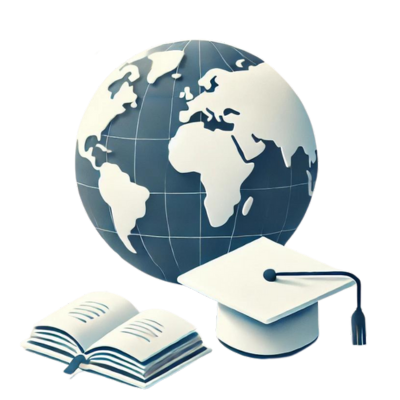

DAAD Scholarships for African Students
Deutscher Akademischer Austauschdienst (DAAD), or the German Academic Exchange Service, is a suite of programs that meet the needs of Sub-Saharan African students while studying abroad.
The scholarships cover candidates with different purposes, from recent graduates seeking a related job opportunity to professionals and refugees who are looking for a job to make their living.
They also cover various academic fields, particularly focusing on disciplines that address pressing regional challenges, such as sustainable development, engineering, and applied sciences.
DAAD offers several scholarship programs, each with distinct objectives and eligibility criteria for international students:
- The Leadership for Africa Program targets graduates and refugees from specific African countries. It provides fully funded Master’s degrees in Germany.
- The In-Country/In-Region Scholarship Programme supports postgraduate studies within Sub-Saharan Africa.
- The Helmut & Babs Amos Scholarship focuses on engineering and applied sciences, providing specialized opportunities for Southern African students.
DAAD scholarships for African students cultivate a generation of leaders equipped to tackle global and local issues with innovative solutions.
These scholarships are a gateway to transformative educational experiences and offer many benefits, including:
- DAAD scholarships promise a lifeline. They cover tuition, monthly stipends — €992 for Master’s students — plus insurance and travel.
- They offer language courses, funded separately, ease scholars’ paths in Germany. But the reality stings — not every applicant thrives.
- Research grants fuel academic quests, and conference funds, often for African-based scholars, open global networks.
These perks, though, come with a catch—fierce competition limits access. Only the sharpest, most persistent candidates reap the rewards.
This is a guide on fully funded scholarships for international students if you want to gather more information.
Eligibility Criteria for DAAD Scholarships in Germany
Eligibility for DAAD scholarships varies by program, but they typically need a strong academic record and a commitment to contributing to development goals.
Candidates must typically hold a bachelor’s degree for Master’s programs or a Master’s for PhD tracks.
Additional requirements like relevant work experience or language proficiency exist, depending on the program.
These are some instances of targeted students for two popular DAAD scholarships:
- The Leadership for Africa scholarship is open to highly qualified graduates and refugees from Cameroon, Senegal, and Togo.
- The In-Country/In-Region program targets students across Sub-Saharan Africa, including South Africa.
Application Process of DAAD Scholarships for African Students
Applicants usually begin by selecting a scholarship program aligned with their academic and professional goals.
Applicants must ensure their chosen course aligns with the scholarship’s focus, such as sustainable development or engineering.
Next, they gather required documents, including academic records, a CV, and a motivation letter outlining their goals and how the scholarship will help achieve them.
Letters of recommendation carry heavy weight. They vouch for applicants’ skills and potential — academic or applicant’s referees must deliver. Weak ones sink chances fast. DAAD’s process is unforgiving.
Each program sets its bar. Transcripts, recommendation letters, statements of purpose — all are mandatory:
- Leadership for Africa demands proof of leadership, real or potential.
- In-country/In-Region prioritizes fields tied to development goals.
Applicants should submit their request through the DAAD official portal, according to the instructions for each program.
Some programs may require additional steps like interviews or language proficiency tests. Deadlines vary by scholarship. For example:
- The Leadership for Africa program accepts applications from April 2 to June 10,
- The In-Country/In-Region scholarships often have deadlines around April 9.
Candidates must start the application process early because preparing documents like motivation letters and securing references can take time.
Applicants should double-check specific requirements, as errors or incomplete submissions can lead to disqualification.
After submission, the selection process involves a rigorous evaluation by DAAD committees, assessing academic merit, leadership potential, and alignment with program goals.
These are some practical tips for a successful application:
- Make your motivation letter match what the scholarship wants.
- Explain how your studies will help your home country grow.
- Check out the school’s programs and why you’re a good fit.
- You’ll find references from teachers or bosses who can vouch for you.
- Start prepping early, like practicing for language tests.
Check this article about top 10 master’s scholarships for international students.

Challenges of Applying for DAAD Scholarships in Germany
Securing a DAAD scholarship is a brutal slog. Applicants face fierce competition — only the toughest survive. They must conquer a maze of challenges. Preparation is everything, but it’s grueling.
- Candidates need sharp research skills. They must align programs — Leadership for scholarship’ country/In-Region — with academic and career goals.
- Mentorship from past winners or advisors offers crucial edges—language tests, like TestDaF or IELTS, demand months of costly prep.
- Motivation letter s are make-or-break. Crafting one that mirrors DAAD’s sustainable development and leadership goals stumps many newcomers. Cultural shifts hit hard, too.
Germany’s academic system and social norms overwhelm students, especially those with special scholarships or under-resourced roots.
DAAD mitigates this through pre-departure orientations and ongoing support, but applicants should prepare for adaptation.
For African students, logistical issues like visa processing or securing accommodation at regional institutions may arise.
Impact of DAAD Scholarships for African Scholars
DAAD scholarships do more than provide financial aid—they transform the lives of African scholars and their communities.
Studying in Germany or at top African institutions gives scholars access to high-quality education and state-of-the-art research facilities.
This experience expands their horizons and gives them advanced engineering, public health, and environmental science skills.
For instance, the Helmut & Babs Amos Scholarship recipients often return to Southern Africa equipped with expertise in applied sciences, tackling local issues such as infrastructure growth and sustainable energy solutions.
Additionally, these scholarships nurture leadership qualities. Initiatives like Leadership for Africa focus on developing skills that empower graduates to take on impactful roles in their home countries.
Refugees especially find transformative opportunities through the inclusive design of DAAD programs, allowing them to rebuild their lives while making meaningful contributions to society.
The connections they forge during their studies—through DAAD alum networks and global conferences—greatly enhance their influence, linking them with professionals and decision-makers worldwide.
The profound impact of these scholarships shines through in the inspiring stories of alums who have harnessed their education to spark real change. Consider these examples:
- A Leadership for Africa scholar from Cameroon might return to lead community development projects, applying skills gained in Germany to improve local infrastructure.
- In-country/In-Region scholars often contribute to regional academic institutions, mentoring the next generation of African researchers.
DAAD scholarships in Germany also strengthen Africa’s academic and professional landscape.
Alums often take up government, academia, or industry leadership roles, applying their expertise to address climate change or public health challenges.
The global networks they use in their studies also facilitate international collaborations, bringing innovative solutions to African contexts.
The Role of DAAD in Global Collaboration
DAAD scholarships bridge continents, tying African students to Germany’s campuses or regional hubs. They promise collaboration and mutual understanding — a grand vision.
In Germany, scholars join vibrant academic circles, mingling with diverse peers. This hones skills and builds cross-cultural muscle — vital in today’s global race. Leadership for Africa shapes visionaries, arming them to face global challenges with sharp insight.
In-country/In-Region, though, props up African universities where resources often limp. DAAD’s inclusivity stands out, championing refugees and underserved students. It pushes equitable education, but today’s cracks remain.
Support networks are lifelines. Advisors, peers, and DAAD alums guide applicants through brutal processes — from essays to visa mazes. Online hubs, like alum groups, dish out tips for new academic terrain.
Refugees cling to these for emotional and logistical aid: Webinars, workshops from DAAD’s African offices, and candidates’ applications.
Yet, the grind is fierce. Securing a scholarship is a ruthless climb—most crash out. Applicants must synchronize programs with career dreams, a daunting task.
Language tests like TestDaF eat time and money. Motivation letters are meant to dazzle and stump novices. Germany’s academic culture shocks, especially rural students.
Benefits include tuition, €992 monthly stipends, insurance, and travel expenses. Language funds ease integration, and grants boost research and networks.
If you are a PhD student looking for scholarships, check this guide out. It includes the top 10 PhD financial aids in Germany for 2025.
Conclusion
DAAD scholarships offer African students a path to academic excellence and leadership, providing comprehensive support for Master’s and PhD studies in Germany and Sub-Saharan Africa.
This Abroadin article covered everything you need about DAAD scholarships for African applicants. If you have any questions, leave a comment below so our experts can answer as soon as possible.
FAQ
Here are the most frequently asked questions about the top study abroad consultants for Indian students:
African graduates and refugees with a bachelor’s degree can apply for DAAD scholarships. These scholarships, like nurse immigration programs, require strong academics and a Master’s commitment to studying and working abroad as nurses.
DAAD scholarships fund tuition, stipends (€992/month for a Master’s degree), insurance, and travel, similar to nurse immigration programs. These programs support African students’ work abroad as nurses after studying in Germany or Africa.
The Leadership for Africa scholarship deadline is June 10, similar to nurse immigration programs, enabling African students to pursue Master’s degrees and work abroad as nurses.
Master’s programs support sustainable development, engineering, and sciences, like the nurse immigration program, which prepares students for impactful careers, including opportunities to work as nurses.
The In-Country/In-Region scholarship is highly competitive, requiring strong academics and development focus, similar to Master’s immigration programs, for African students studying regionally.
For downloading PDF of the article fill the form


How useful was this post?
Click on a star to rate it!
Average rating 5 / 5. Vote count: 1
No votes so far! Be the first to rate this post.








No comment yet, add your voice below!